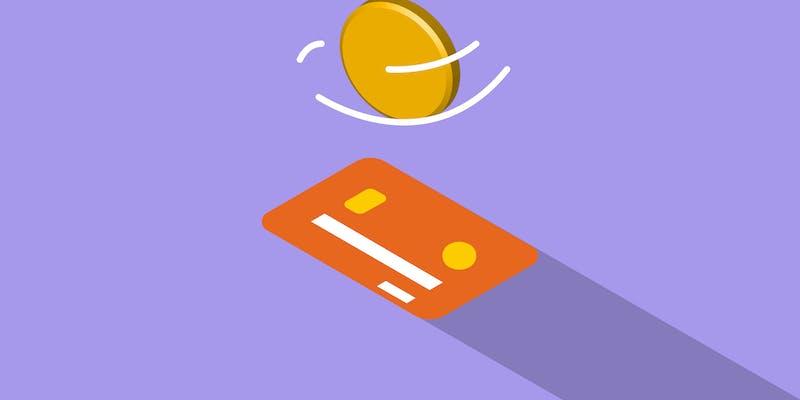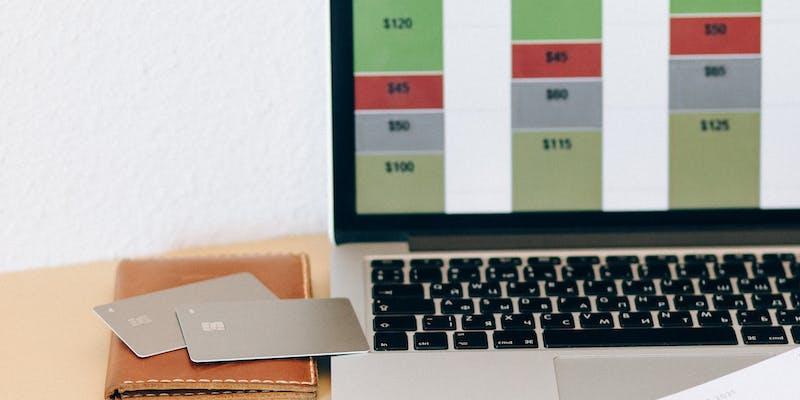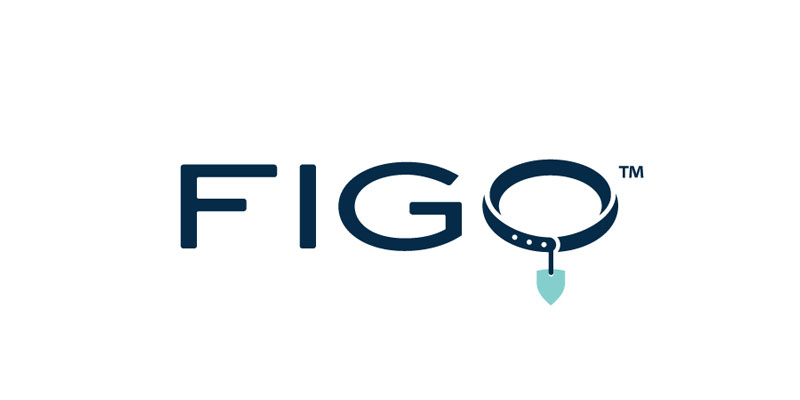A bank account is essential for bill payments, daily spending, and paycheck deposits. According to Federal Reserve data, 20% of American households do not use traditional banking services or have a bank account. Quite surprising. CSwitching banks or opening a new account is easy but big.
Critical Requirements for Opening a Bank Account
Bank account opening requires some basics. Most banks and credit unions require government-issued IDs. State IDs, passports, and driver's licenses are acceptable identification.
Sometimes, multiple IDs are needed. To open a banking account jointly, you'll need your SSN or ITIN.
An initial deposit is usually required to activate your account. Some organizations charge $5, others $100.
Age Requirements for Opening a Bank Account
Generally, to independently open a bank account, you must be at least 18 years old. This age requirement is standard across most banks.
Accounts for Younger Individuals
For those under 18, banks often offer unique options. Teen and student checking accounts are popular choices, typically requiring a parent or guardian to co-sign. Additionally, many financial institutions provide savings accounts for children, with a parent overseeing the account until the child turns 18. At that age, complete control of the account shifts to the young adult.
Rules for Joint Accounts
Joint bank accounts, shared by two or more individuals, are another option. Typical scenarios include spouses opening an account together or an adult child managing finances with an elderly parent. Both account owners can deposit, withdraw, and manage funds equally. A joint account requires both parties to be 18 or older, but some banks allow parents to open a banking accounts with their minor children.
Types of Bank Account

When you're ready to open a bank account, selecting the right type is crucial. Your choice should align with your banking needs. Here's a look at the standard bank account types:
1. Checking Account
A checking account is essential for daily financial activities like purchasing items, paying bills, and withdrawing money. It's designed for regular use rather than saving and usually offers lower interest rates. This type of account is perfect if you frequently transact and need immediate access to your funds. Opening a banking account of this nature allows for smooth and easy management of your everyday finances.
2. Savings Accounts
Save money for the future with a savings account. These accounts hold non-immediate funds. Savings accounts generally offer interest on your deposits, with the rate varying based on your balance. They're an excellent choice for gradually growing your savings over time. It's a good step when you want to open a bank account with the aim of saving.
3. Money Market Account
Combining features of both checking and savings accounts, a money market account is versatile. It allows you to earn interest on your balance, similar to a savings account. Additionally, it often includes a debit card and check-writing abilities akin to a checking account. This account type suits those seeking interest earnings and transactional convenience.
4. Certificate of Deposit (CD)
A CD is a unique savings option where you deposit money for a fixed period, such as one to five years. Accessing funds before the term ends typically incurs a penalty. CDs are suitable for long-term investors who don't need their money immediately. They are ideal for long-term savings.
Steps To Switching Banks

1. Update Your Direct Deposit Information
When you open a banking account, you must inform your employer immediately. This ensures your salary is deposited into the correct account, avoiding missed payments. Simply provide them with your new banking details. It's a straightforward process, usually handled by your employer's HR department. This step is crucial, especially if you also open a business bank account, as it keeps your financial transactions organized and timely.
2. Adjust Automatic Bill Payments
After you open a business bank account, review all your automatic payments. These could include subscriptions or utility bills. Cancel any payments linked to your old account and set them up with your new bank details. Doing this prevents any missed payments and additional charges. It's a proactive approach to managing your finances and ensuring a smooth transition to your new account.
3. Manage Recurring Transfers and Linked Accounts
If you have any ongoing transfers, like moving money between checking and savings accounts, update these settings. Also, remember to revise the details for digital payment apps like PayPal or Venom. This step is critical to maintaining seamless transactions and avoiding disruption in your financial activities.
4. Transition to New Mobile Banking Apps and Alerts
Once you open a bank account, download the mobile app for easy access. Ensure you log out from your old bank's app and turn off any alerts. This keeps your banking information secure and updated. Mobile banking apps offer convenience and real-time monitoring of your financial transactions, making them an essential tool in modern banking.
5. Safely Dispose of Old Checks
Destroy any remaining checks from your old account to prevent fraudulent use. This is a simple yet effective way to safeguard your financial information.
6. Handle Safe-Deposit Boxes Carefully
Remember to empty your safe deposit box if closing your old account completely. Check the rental agreement for specific instructions on how to complete it correctly.
Choosing the Right Bank for You
When deciding where to open a bank account, aligning your choice with your banking habits and needs is crucial.
To make an informed decision, compare various types of banks, including traditional, online, and credit unions. Key questions to ask include:
- What types of accounts are offered?
- What are the methods for accessing funds?
- What fees are associated with the account?
- What interest rates are offered on savings accounts?
- Are there minimum deposit or balance requirements?
- How can customer service be contacted?
- How secure are their online and mobile banking services?
- What features do their online and mobile banking services include?
It's advisable to read reviews about different banks to understand their services and customer satisfaction better. Additionally, seeking opinions from friends and family about their banking experiences can provide valuable insights into which institution might best fit your needs, whether you're looking to open a business bank account or a personal or joint bank account.







